The Most Toxic Human Foods for Your Pets
By Professional Pet Sitter Randi Tomaszewski
Just because we humans can eat the foods listed below, it does not mean that your dog or cat can also eat them. Animals have a much different metabolism than we do, causing many of our foods to be toxic and/or poisonous to our precious pets. Please take a moment to read through the following foods to be sure that you do NOT ever feed them to your cat or dog. As a reminder, you can also print the list and hang it up your refrigerator so that everyone in the household is aware of these dangers. After all, wouldn’t you want to do as much as you possibly can to make sure your pets are safe?
MOST TOXIC:
Chocolate – Contains caffeine, theobromine and theophylline, which can cause panting, vomiting, diarrhea and damage the heart and nervous systems.
Coffee – Same effects as chocolate
Corn on the Cob – The cob gets lodged in the small intestine and creates a blockage, which would need to be surgically removed or else can be fatal. Corn kernels can also upset the digestive tract.
Grapes and Raisins – Contain a toxin that can cause severe liver damage and kidney failure.
Macadamia Nuts – Contain a toxin that can cause weakness, panting, swollen limbs, tremors as well as possible damage to the digestive, nervous, and muscle systems.
Onions, Garlic, and Chives – Onions and garlic are some of the WORST foods for your dogs and cats. They contain disulfides and sulfoxides (thiosulphate), which can cause anemia and damage red blood cells.
Persimmons, Peaches, and Plums – The seeds and pits from these foods can cause intestinal obstruction and enteritis.
Raw Salmon and Trout – Raw salmon and trout can be fatal if the fish is infected with the Nanophyetus salmincola parasite.
Tobacco – Nicotine can damage digestive and nervous systems, increase heart rate, make them pass out and ultimately result in death.
Xylitol – This is a sugar alcohol found in gum, candies, baked goods and other sugar-substituted items. Xylitol causes low blood sugar, seizures, liver failure and potentially death.
Yeast – Expands and rises in the stomach, which results in gas, discomfort and possibly can rupture the stomach and intestines.
ALSO AVOID:
Alcohol – Causes intoxication, lack of coordination, poor breathing, abnormal acidity and potentially coma and/or death.
Apple Seeds – Contain natural chemicals that release cyanide when digested.
Avocado – Contain Persin, which can causes diarrhea, vomiting, and heart congestion.
Candy and Chewing Gum – Contains sugar and often Xylitol, which can lead to the over-release of insulin and kidney failure.
Fat Trimmings – Can cause pancreatitis.
Hops – This is an ingredient in beer that can be toxic by causing panting, increased heart rate, fever, seizures and potentially death.
Human vitamins – Specifically iron, which can damage the digestive system lining and be poisonous to the liver and kidneys.
Liver – Contains a lot of Vitamin A, which can affect muscles and bones.
Milk and dairy products – Small amounts aren’t going to kill your dog, but keep in mind that dogs are lactose intolerant.
Mushrooms – Certain types can be fatal to dogs, much the same as humans.
Potato, Rhubarb and Tomato Leaves – Contain oxalates, which can affect the digestive, nervous and urinary systems.
Raw Eggs – Contains salmonella and the Avidin enzyme, which inhibits the absorption of vitamin B (Biotin). Your dog uses vitamin B to keep a healthy coat and skin.
Raw Fish – Causes a vitamin B (Thiamine) deficiency which results in loss of appetite, seizures and potentially death.
Salt – Too much salt can lead to an imbalance in electrolyte levels, dehydration and potentially diarrhea.
Sugar – Too much sugar leads to dental issues, obesity and possibly diabetes.
Walnuts – The seed hulls of black walnuts can cause intestinal obstructions and possibly seizures.
By Randi Tomaszewski, Professional Pet Sitter for Sarah’s Pet Sitting
Soucre: http://www.caninejournal.com/foods-not-to-feed-dog

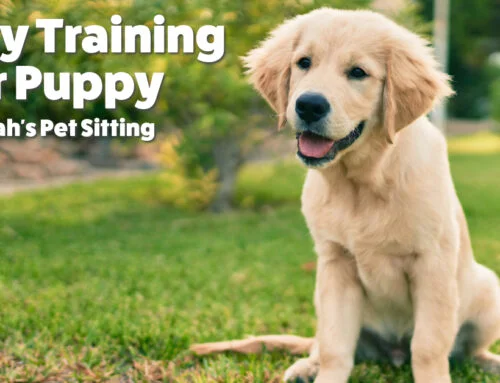

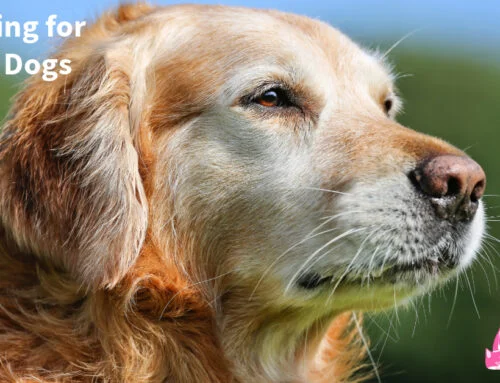

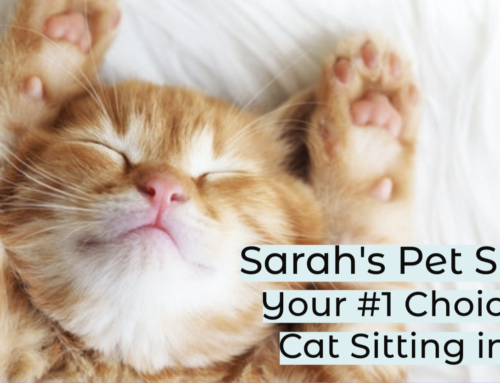
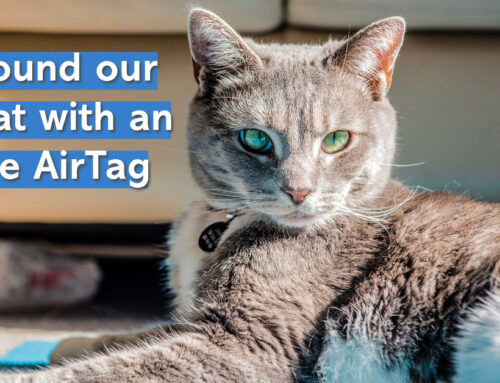
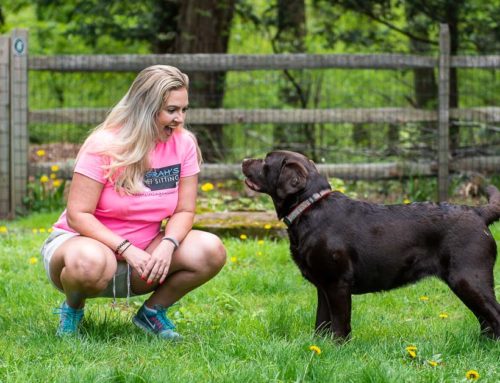

Great article…very informative….and helpful
I printed it out and keep it with my notebook
thank you
Thanks Annie 🙂
The tomato in the photo was confusing. I sometimes put tomatoes from my garden in my dog’s food and I got scared when I saw the picture. In the article you mentioned only the leaves. Who gives their dog tomato leaves?
I think it’s more of a caution for people with tomato plants in their yard to make sure the dogs cannot get to them. I have not ever heard that tomatoes themselves can be harmful so they are likely safe in small quantities.